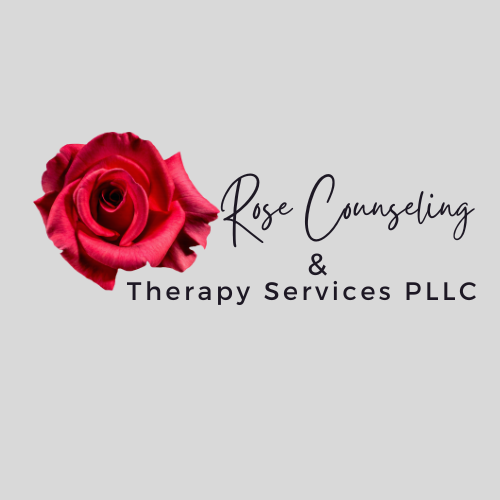Coping Strategies for Anxiety and Depression
Coping with anxiety and depression can be challenging, but incorporating effective strategies into your daily routine can make a significant difference. Here are some techniques to help you navigate through challenging moments:
1. Take a time-out: Engage in activities like yoga, meditation, or listening to soothing music to give your mind a break and restore calmness.
2. Prioritize nutrition: Maintain balanced meals and keep nutritious snacks handy to stabilize your energy levels throughout the day.
3. Limit stimulants: Reduce intake of alcohol and caffeine, as they can exacerbate feelings of anxiety and trigger panic attacks.
4. Prioritize rest: Sleep enough, especially during stressful periods. Adequate rest is crucial for managing anxiety and depression.
5. Stay active: Incorporate regular exercise into your routine to boost mood and overall well-being.
6. Practice deep breathing: Take slow, deep breaths to activate the body's relaxation response and ease feelings of tension.
7. Use grounding techniques: Counting slowly or focusing on your breath can help redirect your attention away from anxious thoughts.
8. Embrace imperfection: Aim for progress, not perfection, and celebrate your efforts.
9. Acknowledge limitations: Accept that you can't control everything and focus on what you can influence.
10. Find humor: Laughter can be a powerful tool for relieving stress, so seek opportunities for lightheartedness.
11. Maintain positivity: Challenge negative thoughts and cultivate a mindset of optimism and resilience.
12. Stay connected: Engage with your community through volunteering or spending time with loved ones to build a support network and alleviate stress.
13. Identify triggers: Track situations or events that provoke anxiety and explore patterns to develop coping strategies.
14. Seek support: When feeling overwhelmed, Reach out to friends, family, or professionals for guidance and assistance.
These strategies are tools to help you manage anxiety and depression, but it's essential to find what works best for you and to seek professional support when needed.
